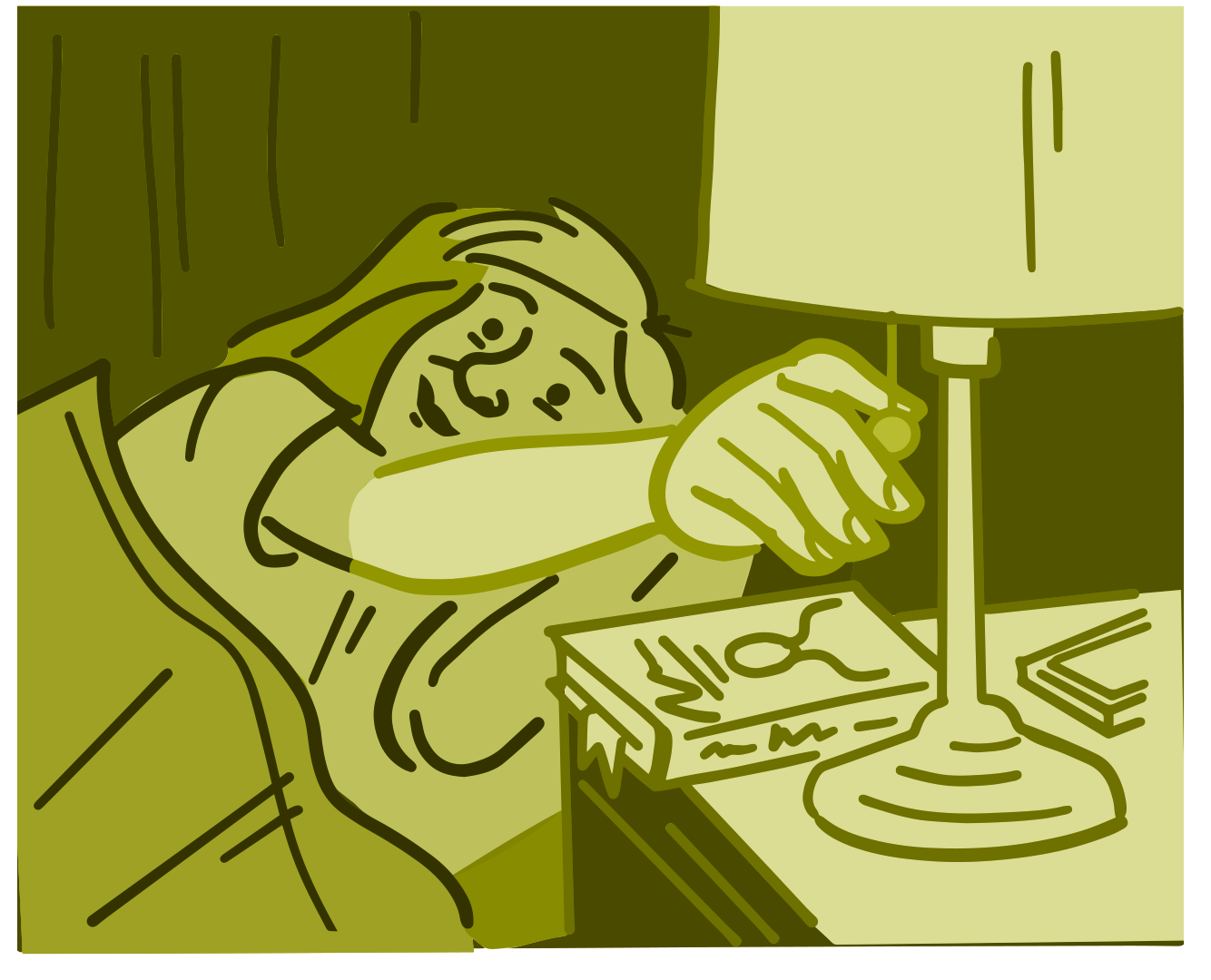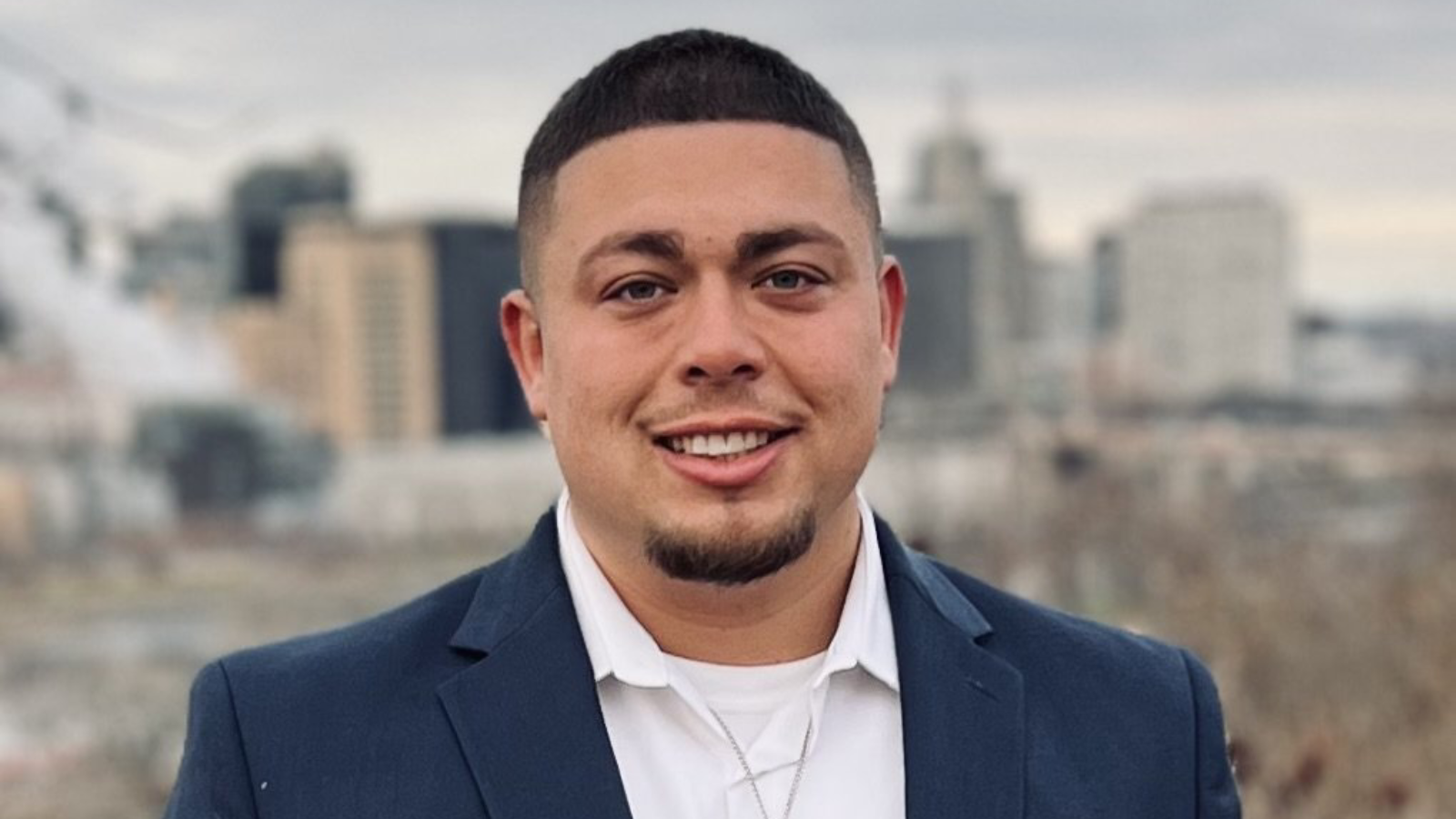Sleeping is not a luxury, it’s a necessity
West End Healthline
By Fernanda Ribas, MD
The month of May brings with it sunlight, flowers and graduations; however, since 1985 May has also been recognized as Better Sleep Month by the Better Sleep Council. The purpose of Better Sleep Month is to promote how important getting adequate, restful sleep is for both physical and mental well-being. Today, we know a lot about how sleep works and how vital it is to our health. Despite this, many popular myths about sleep are still out there. How many have you heard?
Myth #1
My body will adapt to little or no sleep; I can just drink an extra cup of coffee.
As much as we like to think that we can train our bodies to get less sleep, science says the opposite. Between work, school, family and friends, life can be busy. Some people think that sleep can stand in the way of productivity, but a good night’s sleep is not a luxury. The body cycles through four different phases of sleep to restore itself. A good night’s sleep will allow you to go through the cycle several times. Each cycle takes about 90 minutes, and going through 4-6 of these cycles a night is critical to avoid damaging mental and physical health outcomes. This means that adults are supposed to get between seven and nine hours of sleep per night. Extensive research has been done showing that sleeping less than seven hours each night consistently increases the risk for cardiovascular disease, diabetes, obesity, low tolerance of chronic pain and depression.
Myth #2
I can make up for my sleep loss on the weekends.
Many people build up a sleep debt—the difference between how much sleep they need and how much they get—during the work week. If you sleep five hours a night instead of the recommended seven, by Friday you will have missed more than a full night of sleep. Even if the hours are made up, some preliminary research has shown that people who attempt to make up sleep on weekends have worse health outcomes. It is possible that yo-yo-ing back and forth; changing the sleep cycle, is more disruptive than having consistently less sleep. Always getting at least seven hours of sleep a night is the best way to keep your health in balance.
Myth #3
Snoring is overall harmless.
Loud snoring is one of the most common symptoms of sleep apnea, a disorder where an individual can stop breathing while sleeping. Some outcomes of having untreated sleep apnea include cardiovascular problems like hypertension, complications with medications and surgery, an increased risk for strokes and irritating sleep-deprived partners. If you do snore, have excessive daytime sleepiness, have been observed in the middle of the night stopping breathing or are being treated for hypertension, talk to your doctor. Sleep disorders do not go away on their own, and you may require medical treatment.
Myth #4
Drinking alcohol before bed will improve my sleep.
Alcohol may allow you to fall asleep more quickly, as it has sedative properties. However, alcohol disrupts the sleep cycle later in the night. In other words, it can severely impact the quality of sleep. This will often lead to insomnia symptoms the next day. Alcohol specifically disrupts the rapid eye movement (REM) portion of the sleep cycle. REM sleep plays a significant role in ensuring mental concentration and mood regulation while awake. The result is that you wake up feeling sluggish and less refreshed. Excessive drinking may also cause tolerance, and lead to someone needing more alcohol each night to fall asleep. Alcohol use for sleep has been associated with worsening insomnia, sleep apnea and circadian rhythm abnormalities. It is recommended that you stop drinking at least four hours before bedtime to give your body time to process the alcohol.
Myth #5
If I can’t fall asleep, I should stay in bed.
If you can’t fall asleep, staying in bed is one of the worst things you can do. If it is taking longer than 15-20 minutes to fall asleep, staying in bed can just reinforce sleeplessness and connect the bed unintentionally to frustration. Instead, it is better to get out of bed and do something relaxing, such as meditation, reading or deep-breathing exercise. Wait to get back in bed until you are drowsy. This will help promote falling asleep quickly.
Dr. Ribas is a family physician at Allina Health United Family Physicians, 233 Grand Ave, Saint Paul, MN 55102, phone 651-241-5200.




